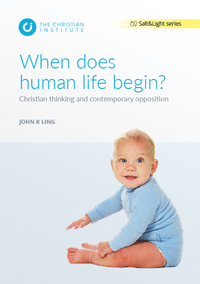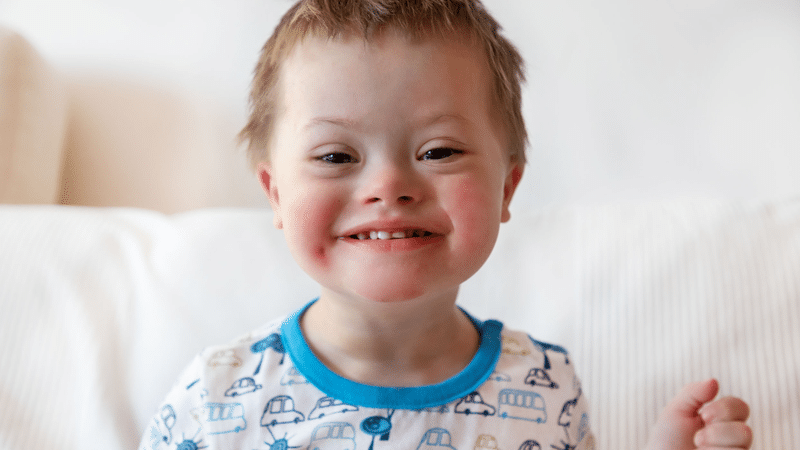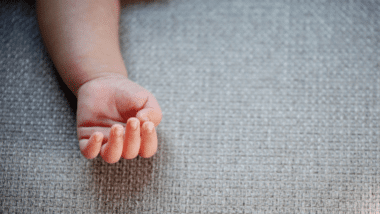The Church of England has voted to reaffirm its belief that every person is made in the “image of God” by opposing pressure to abort children who may have disabilities.
General Synod unanimously backed the Venerable Pete Spiers’ motion on the ‘Human Dignity of Disabled Children’, with no abstentions. Spiers, who was affected by thalidomide, brought the motion to challenge “the common assumption that bringing a disabled child into the world is a tragedy to be avoided”.
Members called on the Government to ensure that mothers are given “comprehensive and unbiased information” if their unborn child is deemed to have a disability.
‘Love and care’
Mary Bucknall of Deaf Anglicans Together, who was born with impaired hearing, debunked claims that it “would be better not to be born at all with a disability”.
She said: “I do believe that God had a purpose when he created the disabled people in the womb – so that his love and care could be displayed for all to see. I myself have experienced God’s love and care through many wonderful people I have met on my life journey.”
The Archbishop of Canterbury said that before his daughter Ellie was born with dyspraxia, the doctors made it “very clear” that they expected them to abort her if an “expensive” test came back positive.
The Church of England’s stated position on abortion “combines principled opposition with a recognition that there can be strictly limited conditions under which abortion may be morally preferable to any available alternative”.
The Christian Institute’s position: Life is sacred from conception
Christian thinking and contemporary opposition
John R Ling
When does human life begin? It is a fundamental and decisive question because your answer reveals your understanding of the nature and status of the human embryo. It also shapes your stance on the big bioethical issues of the day such as abortion, cloning and embryonic stem cell research. There are many voices sowing confusion, but the Bible is unmistakably clear that human life begins at conception. In this booklet, John Ling provides a wide-ranging explanation of biblical truth, the historical Christian perspective and evidence from modern science to support this position.
‘Precious’
Disability campaigner Heidi Crowter, who has Down’s syndrome, previously spoke to the Synod on Psalm 139.
She said: “We should use our whole person for God’s glory. We are all made for a purpose to bear God’s image. Yes we may have Down’s syndrome, but we are just as precious to God and valued by him.”
In 2022, Heidi lost a legal battle to outlaw disability-selective abortion after the Court of Appeal agreed with a High Court ruling which said abortion was a matter for Parliament to decide. She intends to take the case to the European Court of Human Rights.
In Great Britain, abortion is currently permitted for most reasons up to 24 weeks, but up to birth if the unborn child is deemed to have a disability, including Down’s syndrome.



